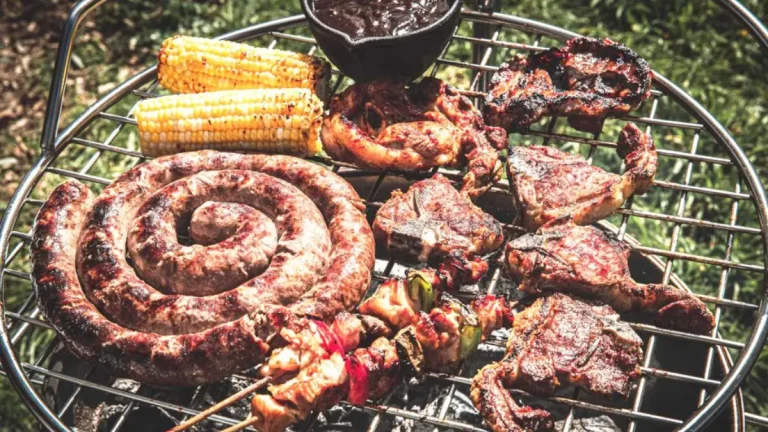Say “Heritage” in South Africa and someone is bound to respond with food. On 24 September 2025, Heritage Day will once again turn Gauteng’s kitchens, braai stands, and markets into gathering spaces where families reconnect through flavour. From steamed dumplings to decadent desserts, these dishes are more than recipes – they are edible histories that capture migration, memory, and meaning.
Thank you for reading this post, don't forget to subscribe!ALSO READ: Top Heritage Day Events Happening in Gauteng 2025
Why Food Powers Heritage Day
Heritage Day isn’t only about traditional dress or music. Food is the anchor that grounds celebrations in real connection. It’s the exchange of recipes between grandmothers, the first lesson of how to braai taught by fathers, and neighbours bonding over pap and chakalaka.
“Food is how South Africans talk to each other,” says a Johannesburg food anthropologist. “Every dish carries a story – whether it’s the umngqusho that comforted families in the Eastern Cape or the peppermint crisp tart that sweetens Joburg braais. It’s history you can taste.”
In Gauteng, where communities overlap and blend daily, Heritage Day menus reflect a true melting pot of cultures.
Savoury Staples: Hearty, Humble, and Homegrown
1. Dombolo
Dombolo, soft dumplings paired with rich stews, remain a township classic. In Soweto homes, inyama namadombolo often steals the spotlight at Heritage Day tables – lamb shins slow-cooked until tender, with dumplings ready to soak up the last drop of gravy.
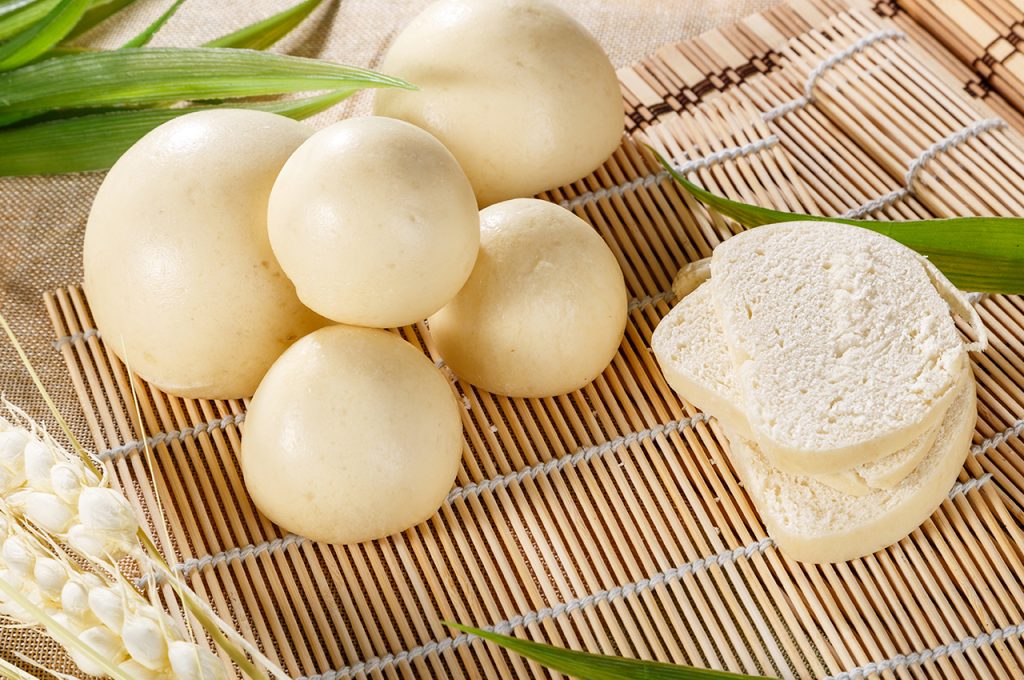
2. Boerewors
The sizzling sound of wors on the grill is Heritage Day’s unofficial anthem. Whether tucked into a boerie roll or paired with pap, boerewors turns Gauteng backyards and parks into lively hubs of smoke, laughter, and togetherness.

3. Mogodu (Tripe)
Mogodu divides opinion but unites communities. Cooked with tomato and spices, then served with pap, it remains a dish that sparks conversation as much as it satisfies hunger. In Alexandra and Mamelodi, no Heritage Day feels complete without a pot simmering away.
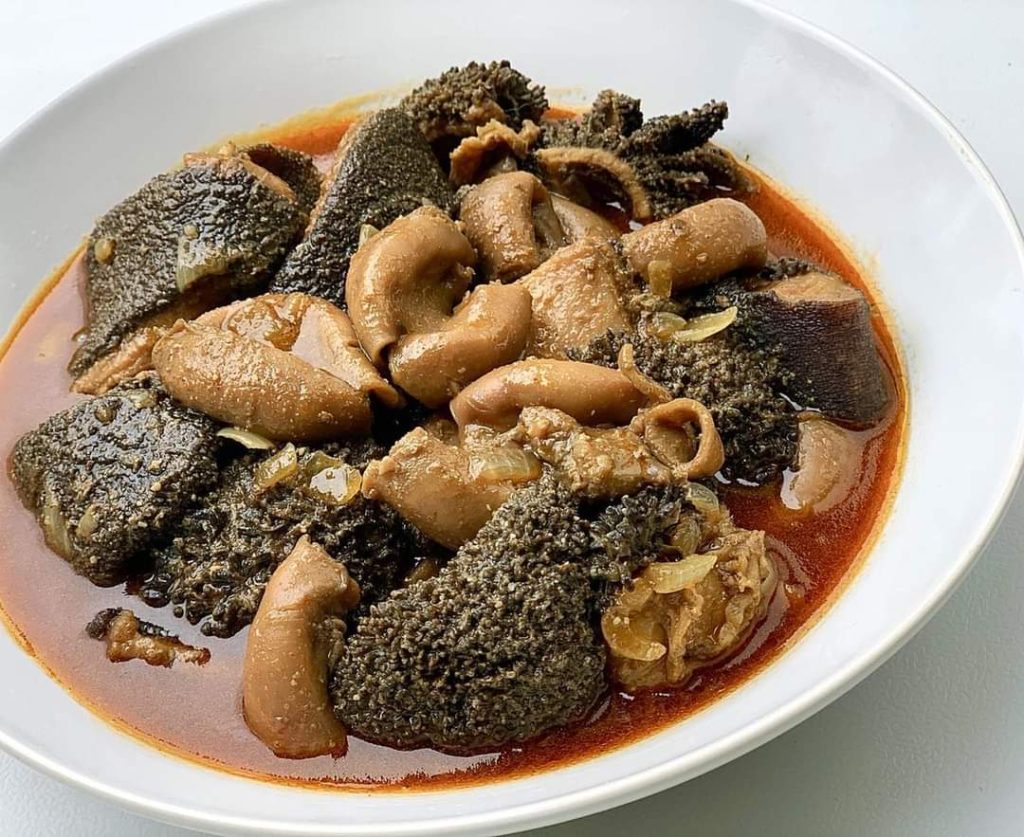
4. Potjie
The potjie pot bubbling over coals carries ritual-like significance. Families gather around, adding layers of ingredients, waiting hours for the lid to lift. In Gauteng, lamb knuckle potjie paired with pot bread turns Heritage Day into a feast of patience, flavour, and storytelling.
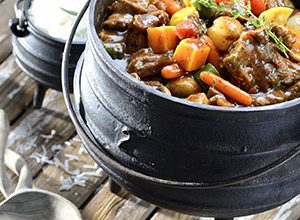
5. Umngqusho (Samp and Beans)
Nelson Mandela’s favourite dish, umngqusho, is wholesome and deeply symbolic. It represents resilience and resourcefulness, transforming humble ingredients into a national treasure. In Johannesburg, it often shares the table with beef stew, a reminder that nourishment and celebration go hand in hand.
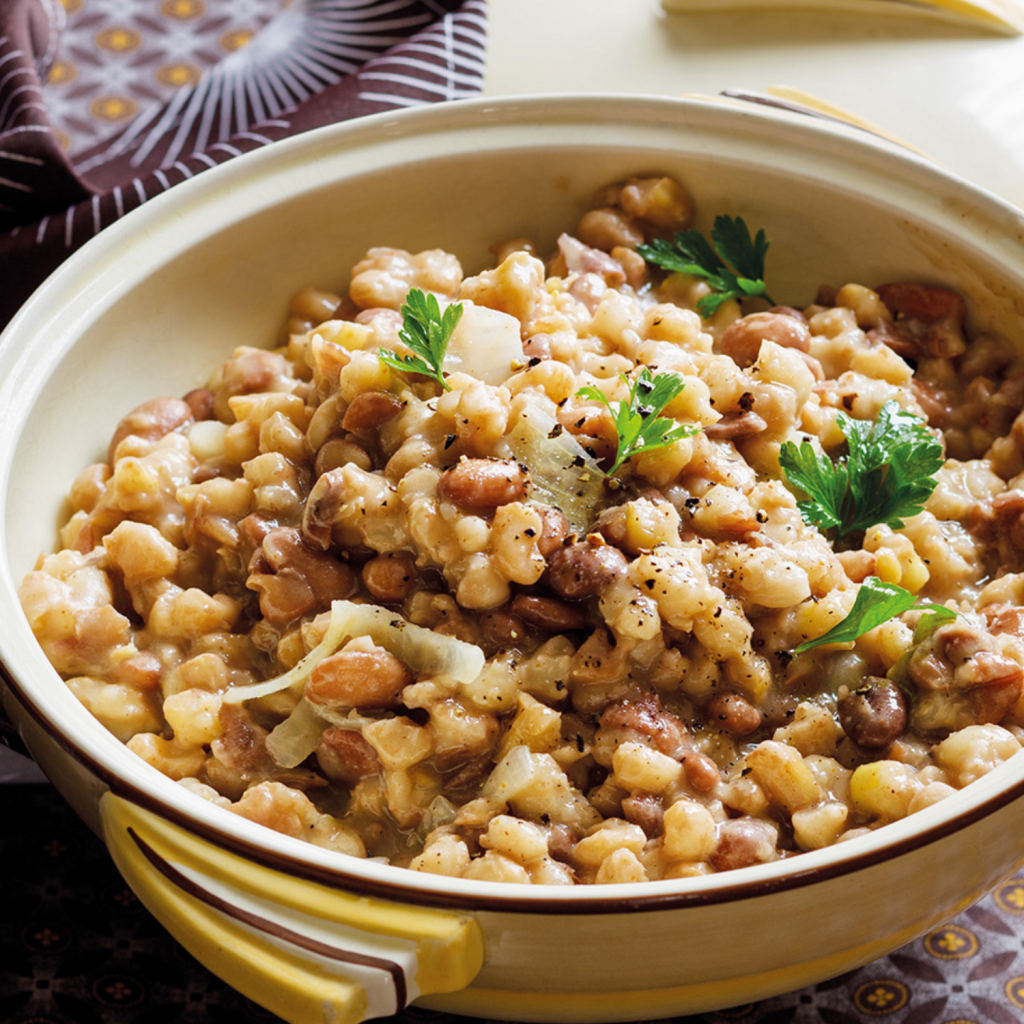
Sweet Endings: Desserts That Define Us
6. Malva Pudding
Sticky, syrupy, and custard-laden, malva pudding feels like a warm embrace. Even on a blazing September afternoon, Gautengers don’t refuse a serving.
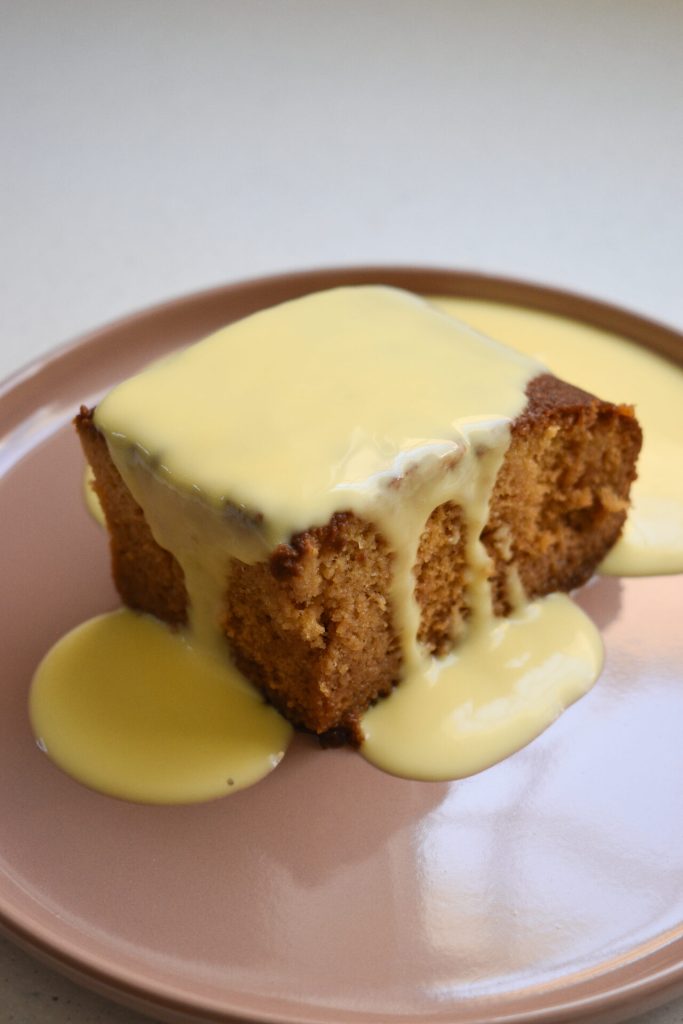
7. Peppermint Crisp Tart
Creamy, crunchy, and unapologetically sweet, peppermint crisp tart has become a must at any gathering. In Joburg homes, it’s often the first dessert to vanish from the fridge.
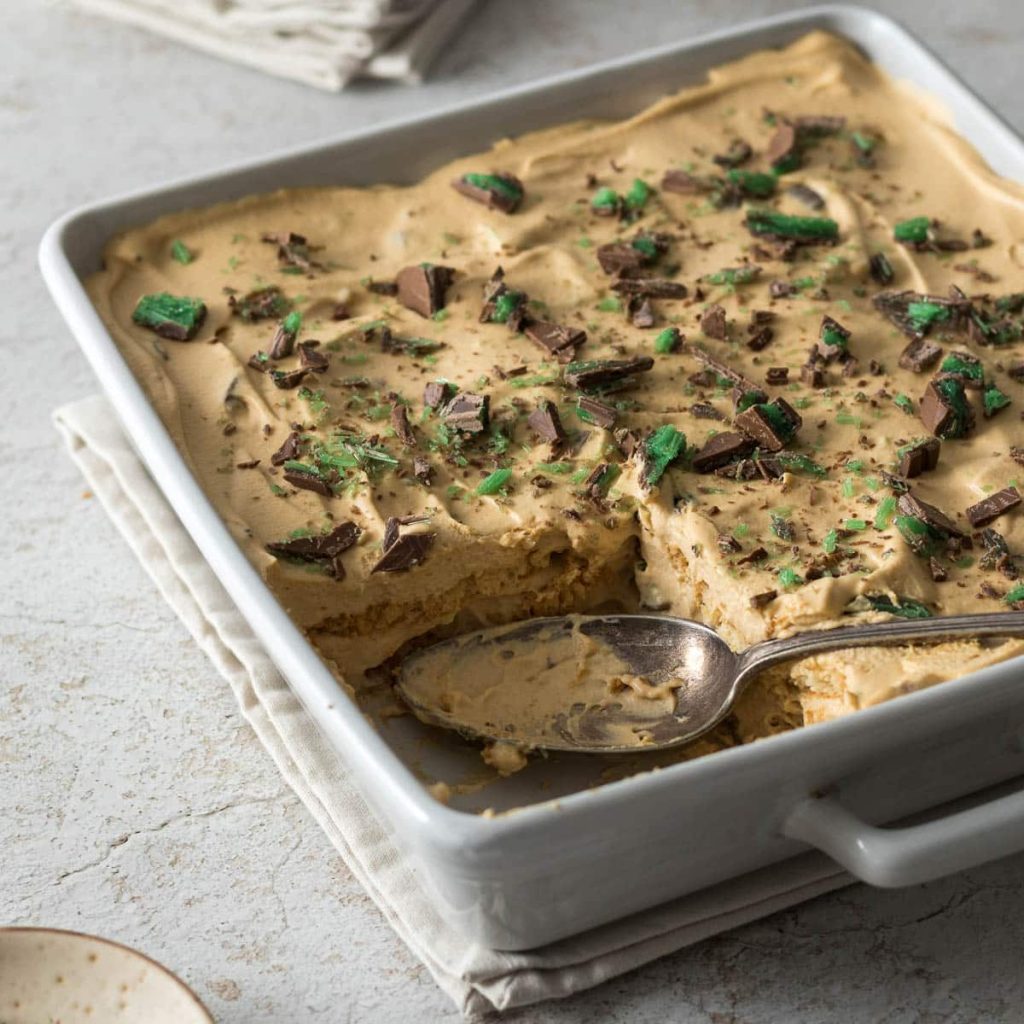
8. Milk Tart (Melktert)
Cinnamon-topped and timeless, milk tart reflects South Africa’s quieter side of indulgence. On Heritage Day, Joburg bakeries slice and sell it to give even non-bakers a taste of tradition.
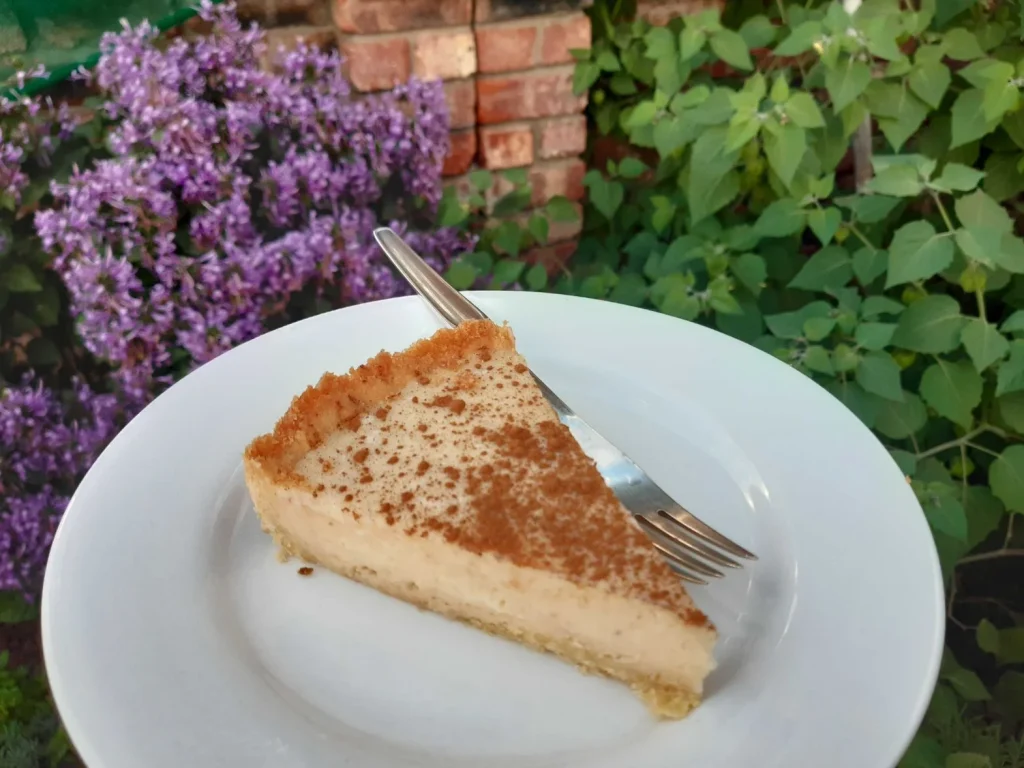
Flavours of Migration and Memory
South Africa’s food culture tells a layered story of migration and influence, and Heritage Day is the moment to celebrate that journey.
- Biryani brings spice and ritual from Indian kitchens, echoing the history of indentured labourers.
- Cape Malay Curries showcase aromatic heat, marking centuries of settlement and trade.
- Amagwinya (Vetkoek), golden and stuffed with mince or jam, continue to thrive at taxi ranks and street corners – proof that comfort food travels as far as people do.
Each dish testifies to the way cultures met, merged, and endured in Gauteng.
Why This Heritage Day Matters
Food does more than stir nostalgia. It sustains livelihoods. Township eateries, family bakeries, and local caterers see Heritage Day as a peak period, creating jobs while protecting traditions.
“Every pot of umngqusho sold or tray of milk tarts baked invests in community,” says a Soweto entrepreneur. “We don’t just feed stomachs – we feed culture.”
Make Heritage Day Delicious
Heritage Day gives Gautengers more than recipes – it offers the chance to create lasting moments. Here’s how you can make it meaningful:
- Cook and Share: Make one traditional dish and deliver a portion to a neighbour or elderly relative.
- Buy Local: Support township markets, small bakeries, and food stalls rather than chains.
- Teach and Taste: Invite children into the kitchen to learn family recipes.
- Document Heritage: Capture photos, record your grandmother’s cooking stories, or share recipes online with #HeritageDayGauteng.
Food is identity. Food is memory. On 24 September 2025, let Gauteng’s tables overflow with meals that tell our stories, honour our legacies, and nourish the unity that keeps us whole.




